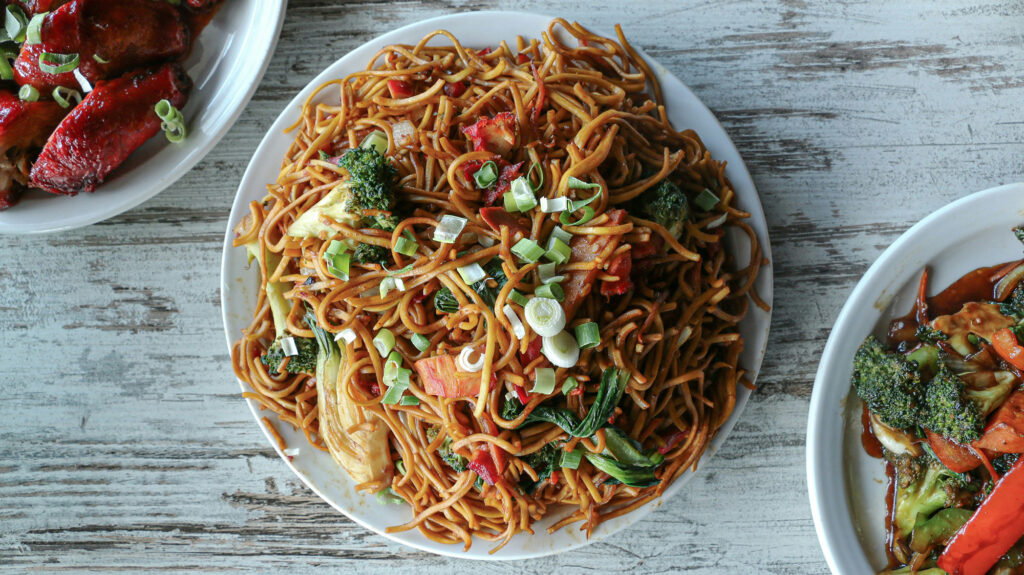Glucose is the body’s primary energy source, and a high intake of alcohol can lower blood glucose levels. This is because the liver prioritises processing alcohol over other functions, including maintaining blood glucose levels. As a result, your body may not release enough glucose into your bloodstream to maintain normal blood sugar levels, especially if you have not eaten enough food.
Wondering how to optimise your alcohol intake?
• Aim to limit your alcohol intake to 1 drink, usually 350 ml of beer or 147 ml of wine. This will reduce the impact of alcohol intake on metabolism in the liver and its consequent impact on blood glucose levels.
• Drink plenty of water before, during, and after drinking alcohol can help keep you hydrated and reduce the impact of alcohol on your glucose levels.
• Choose low-carbohydrate alcohol options such as light beer, dry wine, or spirits with low-carb mixers like soda water or sugar-free tonic water to reduce the impact of carbohydrates on your glucose levels.
• Pair your alcohol with healthy snacks like cheese, olives, and nuts such as almonds and walnuts, which are low in carbohydrates and high in healthy fats, protein, and fibre. When consumed with alcohol, they can help slow alcohol absorption into the bloodstream.
Alcohol can inhibit glucose production. Further, excessive alcohol consumption over a prolonged period can lead to insulin resistance, leading to high blood sugar levels and an increased risk of developing type 2 diabetes. Be sure to consume alcohol responsibly and in moderation!







